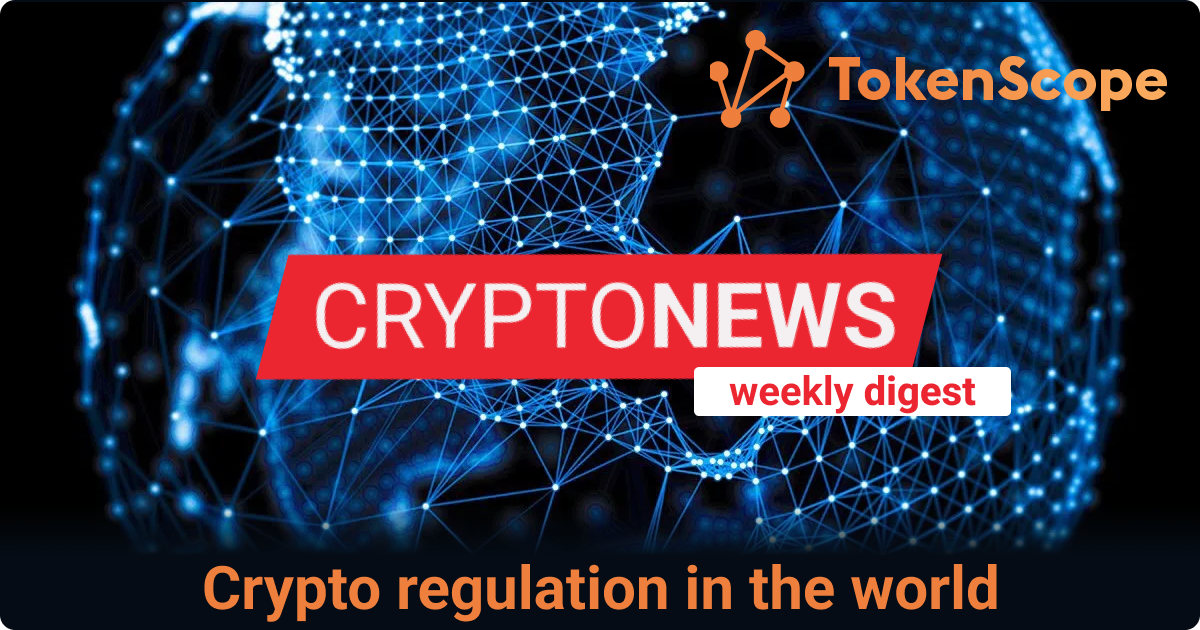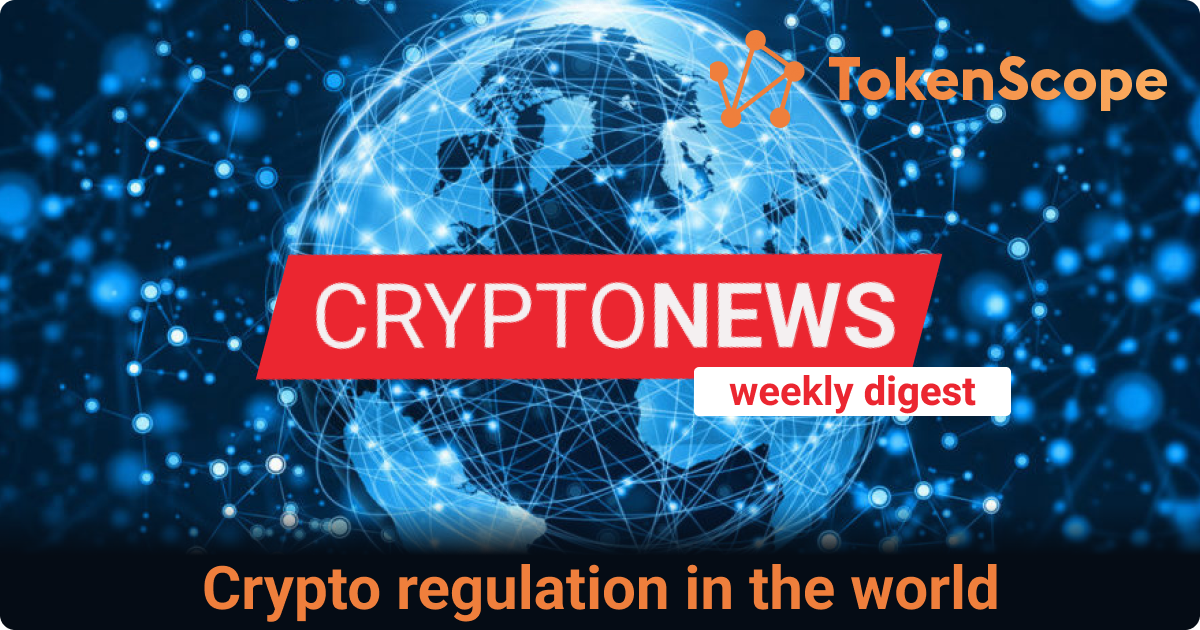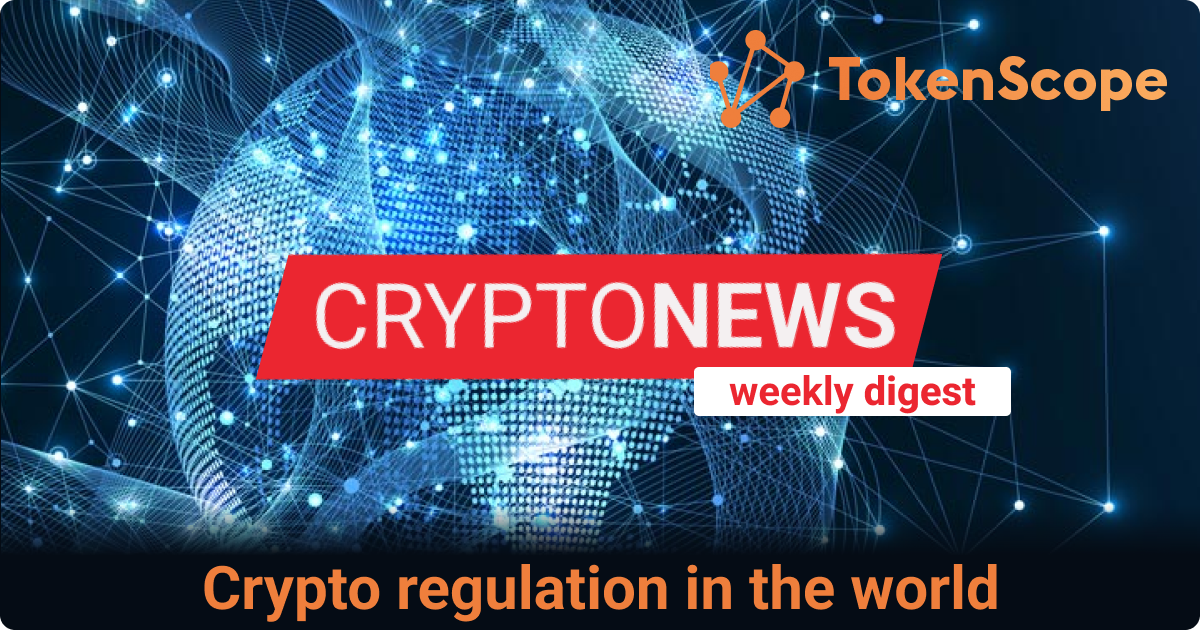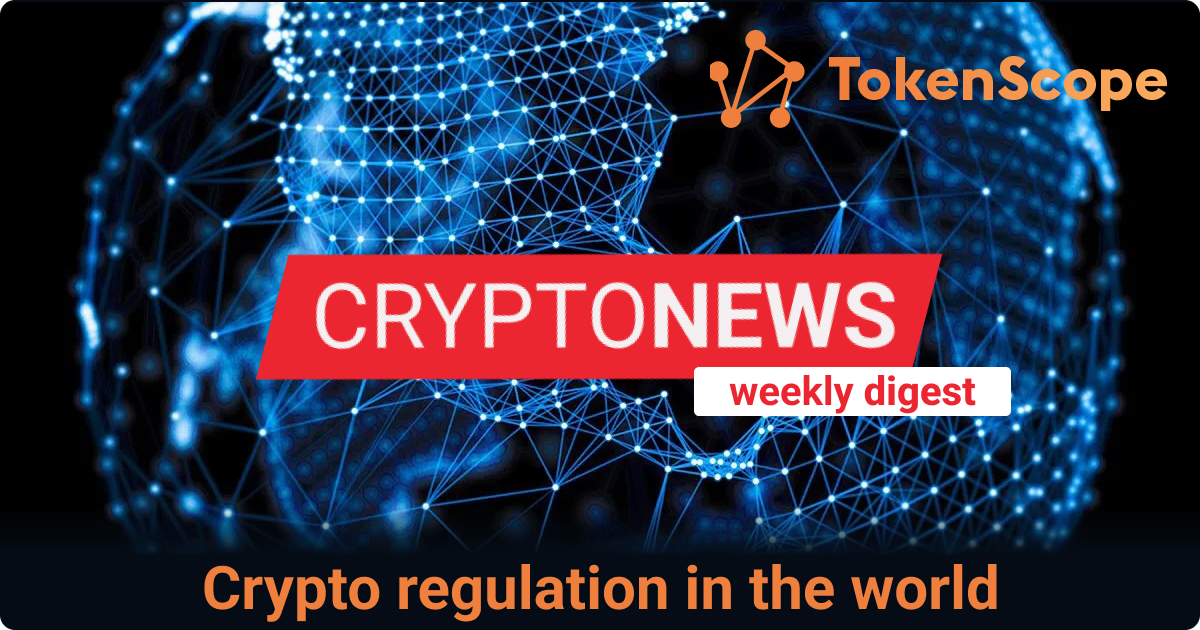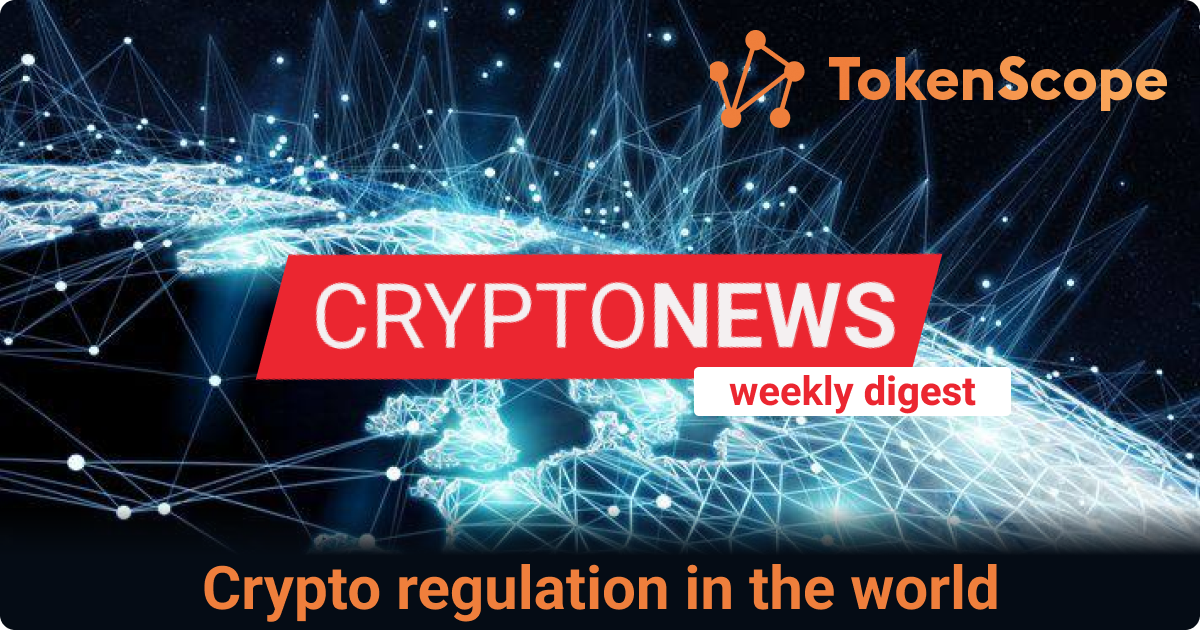Crypto regulation in the world: weekly digest #84

The FATF
The Financial Action Task Force (FATF) held its fifth Plenary session in Paris from February 21-23, 2024. The FATF is an intergovernmental organization that sets global standards for combating money laundering, terrorist financing, and other related threats to the integrity of the international financial system.
One of the most significant outcomes of the Plenary was the delisting of the United Arab Emirates from the FATF «grey list». The UAE had been on the list for less than two years but was removed after implementing significant reforms to combat money laundering and terrorist financing. The FATF acknowledged the UAE's strengthened anti-money laundering regime, leading to the country no longer being subject to increased monitoring.
From the other side, at this Plenary, the FATF added Kenya and Namibia to the list of jurisdictions subject to increased monitoring.
The FATF also agreed on a roadmap to strengthen the implementation of Recommendation 15 concerning new technologies and the associated money laundering and terrorist financing risks. The roadmap aimed to address gaps in the implementation of Recommendation 15 and ensure effective implementation of its standards globally.
Recommendation 15 focuses on managing money laundering and terrorist financing risks arising from new technologies and innovations within the financial sector. It encourages countries and financial institutions to identify and assess these risks before adopting new products, business practices, or using new or developing technologies. To provide clarity and guidance on the application of Recommendation 15 to Virtual Asset Service Providers (VASPs), the FATF issued an Interpretive Note on Recommendation 15, emphasizing the importance of treating VASPs like traditional financial institutions. Accordingly, VASPs must follow Know Your Customer (KYC), Anti-Money Laundering (AML), and Counter Terrorism Financing (CTF) policies when onboarding new customers and screening their existing client bases. Additionally, VASPs must monitor transactions and submit Suspicious Activity Reports (SARs) when necessary. The Plenary also discussed strategic initiatives such as improving beneficial ownership transparency, countering illicit finance related to cyber-enabled crime, and updating guidelines on beneficial ownership and transparency of legal arrangements to mitigate money laundering and terrorist financing risks.
Nigeria
Nigeria imposed restrictions on global crypto exchanges, including Binance, Coinbase, and Kraken, primarily due to concerns related to the devaluation of the naira, the country's currency. These concerns stemmed from the perception that crypto exchanges set unofficial exchange rates for the naira, contributing to its fluctuation and loss of value. Additionally, there were accusations of market manipulation involving wash trading of the USDT-NGN trading pair on Binance, which allegedly created false values for the US dollar in the Nigerian market.
These restrictions came after the Central Bank of Nigeria lifted its ban on crypto transactions in December 2022, indicating a turbulent regulatory landscape for digital assets in the country. The government's aim was to regain control over the naira's value and stabilize the economy, although the effectiveness of these measures remains subject to debate.
In response, Binance affirmed its dedication to complying with local regulations and engaging with authorities and policymakers. However, the directive to restrict access to these platforms appears to have been temporarily halted, as Binance and other crypto trading platforms are currently accessible again. Nonetheless, the implications of Nigeria's ban on crypto exchanges raise questions concerning the future of crypto regulation in the region and its impact on innovation and investment opportunities.
The UK
The Law Commission for England and Wales has published a consultation paper on draft legislation to label cryptocurrencies as property. The report aims to assign property rights to crypto and non-fungible tokens, which would provide them with official status, allowing them to function similarly to traditional forms of property in legal proceedings.
The consultation paper examines how existing personal property law applies to digital assets, including crypto-tokens and cryptoassets. The Law Commission argues that the law must go further to acknowledge the unique features of digital assets, which in turn would provide a strong legal foundation for the digital assets industry and for users. The responses to the consultation will determine the shape of legislation to be proposed to the government.
The Law Commission's report on digital assets last year showed that crypto tokens and non-fungible tokens were able to attract property rights. Personal property rights are important for many reasons, including in the event of insolvency or where assets are interfered with or unlawfully taken. The consultation paper argues that digital assets differ significantly from physical assets and from rights-based assets like debts and financial securities, and therefore do not fit within traditional categories of personal property.
The Law Commission is also calling for evidence for its project on digital assets and electronic trade documents in private international law. The deadline for comments is May 16, 2024.
News from other countries:
-
Same as Nigeria, Azerbaijan has restricted access to cryptocurrency exchanges, including OKX and Bybit.
-
Changpeng Zhao, the founder of Binance, is facing a potential sentence of up to 18 months in prison after pleading guilty to violating federal money-laundering rules. Earlier, The U.S. Department of Justice has argued that CZ could face up to 10 years in prison and should not be allowed to return to the UAE due to flight risk concerns. The final decision on his sentencing and whether he will serve time in jail will be determined by the court.
-
Circle, the issuer of the USDC stablecoin, will end it’s support on the Tron blockchain network. Circle's decision to end support for USDC on Tron is aligned with its efforts to ensure that USDC remains trusted, transparent, and safe. The company urged retail users and non-Circle customers to move their Tron-based USDC to an exchange so that it could be transferred to a blockchain network where USDC is still supported by the February, 2025.
